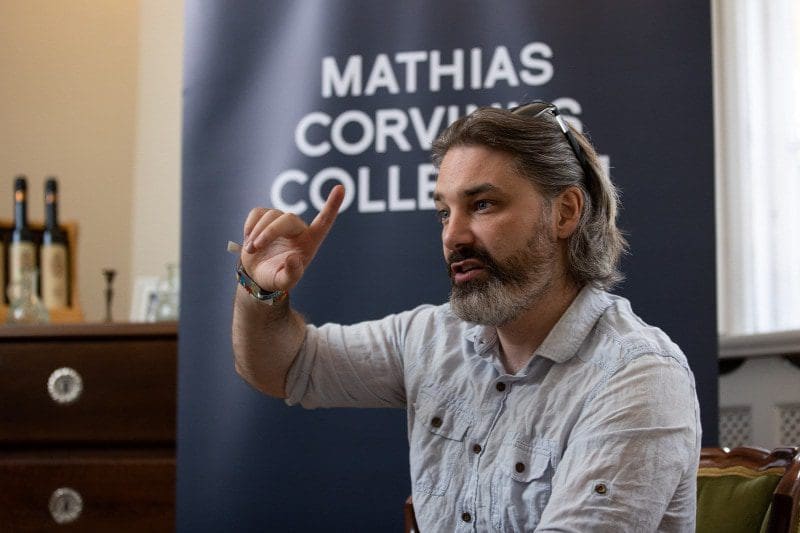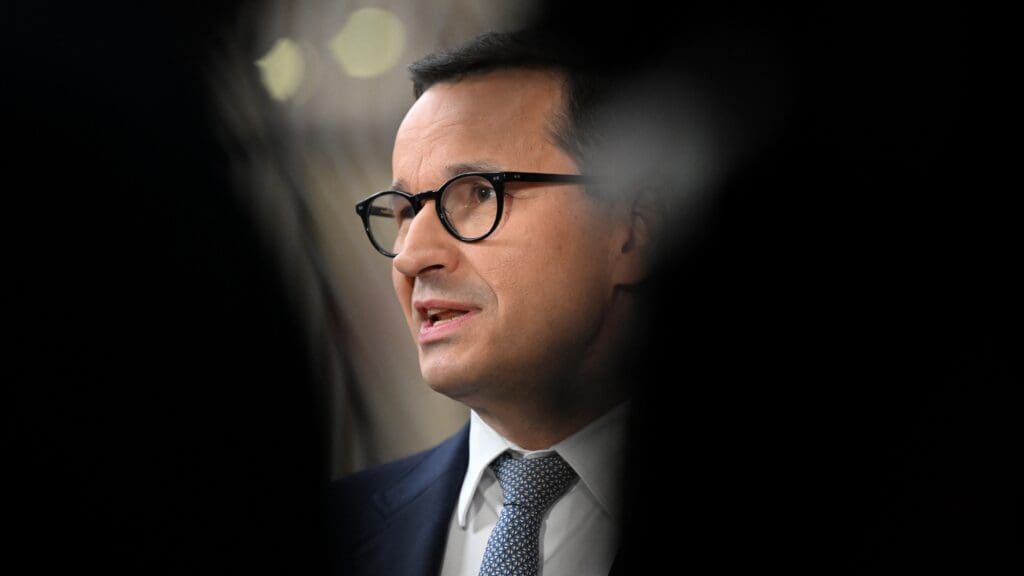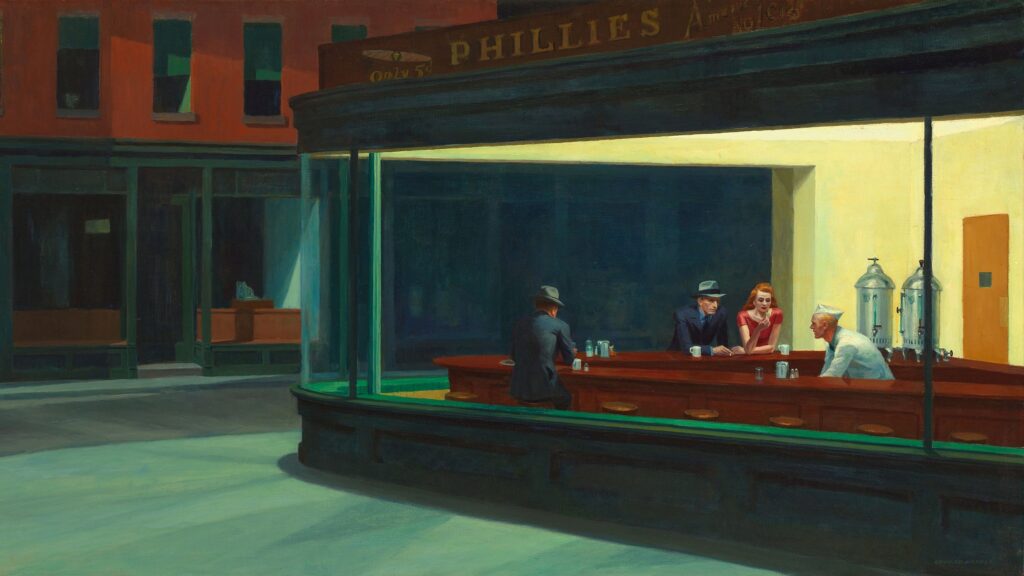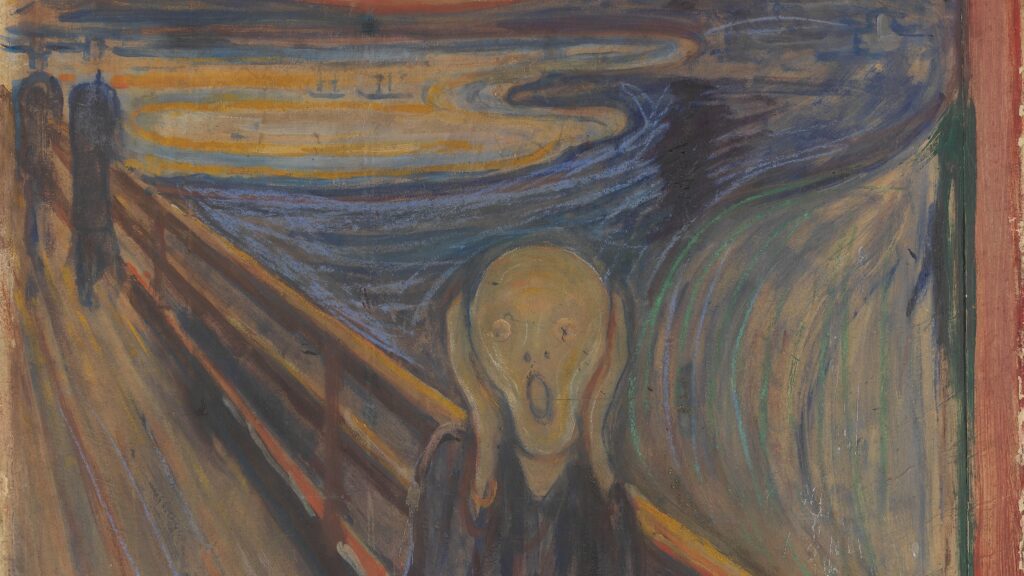The influence of social media is being used in ways that shape politics, business, world culture, education, and more. What are the effects of social media on society? Can we say that because of social media, societies are transformed?
I think social media is having a huge impact on society. We often think of ourselves as “consumers” of social media. But if the platform is free to use, then the reality is that we are not the consumer; we are the product. The consumers are all the companies who can harvest our data, and then sell us things in a targeted manner. That is where the platforms, of course, make their money – advertising. To serve this business model, the algorithms used by social media companies are designed to agitate and excite us. Unfortunately, the boffins in Silicon Valley know what academic psychology has known for some decades: that negative emotions are easier—and therefore cheaper—to elicit than positive ones. The result is that social media platforms profit from making us feel either bad, or simply angry. I think this is a significant contributor to the divided politics we are seeing in society, and the crazy ideologies we are seeing become “mainstream” on both the political left and the political right. These ideologies—from a number of the more extreme beliefs of the social justice movements, to elements of the Trump movement, particularly QAnon— have always existed in one form or another. The difference today is purely technological. If we can say that biological contagion makes the body sick, and that the advent of commercial air travel has served to spread diseases worldwide at an unprecedented rate, so I think we can say that ideologies making the body politic sick, and social media is a nonpareil vector for ideological contagion.
Do you think that the use of social media can lead to a decline in personal relationships?
I think there this is a danger. The problem is that social media companies have long told us that they—in the words of Facebook—“connect the world”. I am not sure this is true, as there is a difference, in my view, between communication and connection. Communication is what we do on social media – we exchange information. Indeed, because the only thing we can communicate through that medium is information, we often think we are simply reducible – in our “identities” to that information. Hence we have seen the proliferation, in the age of social media, of people claiming to “identify” as one thing or another, rather than simply believing certain things. Is it; therefore, any wonder that social media is such a fractious space? If everyone identifies as what they believe, how could it really be otherwise? If you “identify” as your beliefs, then inevitably any criticism is received as deeply personal. There is little room for dispassion when every counter-argument is necessarily received—by the norms of “identifying” on the internet—as an ad hominem attack. As such, communication is not only not the same thing as connection, but can be antithetical to it.
Connection, to me, is about relations, not narrations
It is about the encounter with “the other”, as the philosopher Levinas said. It is about that experience, beneath and beyond language and narrative, that is unique to encountering another person, in person. Narrations —the stories we tell about ourselves, others, and the world—have always got in the way of connecting with others. We all know how, if one meets someone who holds ideas with which we strongly disagree, it is hard to establish a connection. But we also know it remains possible – spending time with people tends to humanize them to us, and us to them. But on social media, it is pure narration. There is almost no capacity to develop genuine connection, genuine relations, so to speak. And it is connection of that sort which is the foundation of empathy, of social bonds, and of a real and edifying sense of community. We are a relational animal that—for better or worse—has the capacity to tell stories. The problem with social media is that the business model—the medium itself—is founded on not just a misunderstanding, but an exclusion, of what it is to be human – the emotional, the relational, the particularity of personality, and all that lies beyond and between our words. It thinks communicating more stories is the solution to our problems. But it would seem to be that doing so, without any real anchor in genuine connection that occurs in person, is not the means by which we solve our collective problems, but is rather an extreme example of the problems we need to solve.
Almost a quarter of the world’s population is now on Facebook. What do you think, how aware and influential are social media users?
I think people are beginning to figure out that social media is manipulative, but I do not think—as a society—we yet fully grasp the extent to it. For instance, did you know that some websites track where your mouse pointer is hovering over the screen? You do not even have to ‘click’ for them to track your behaviour and data. The degree of observation is outrageous, and as a general rule I think most people are still extremely naïve about this. I also think we are all ignorant, at present, about the ultimate effect social media will have on the fabric of relationships that make up what we call “society”. But we can look to history for what it might do. Following the invention of every new communications technology, there has always been a period of political and social instability and flux, as we have collectively had to relearn how to relate to each other in the face of these new mediums and vectors for storytelling, each of which inevitably rendered existing social and political structures obsolete, as the old structures had, of course, developed organically in response to old technologies for communicating. We can see this with the invention of writing leading to the Axial Age, a classical “liminal” period of instability; in the invention of the Printing Press leading to the Reformations, a similarly liminal period of great creativity, but also great destruction, that cumulated in the Thirty Years War, which itself was only settled by the establishment of the nation-state system; we can see it in the invention of radio – the Volksempfänger played a significant part in brain-washing citizens of the Third Reich in the 1930s; and we can see it in the invention of television, and the effect of TV advertising on creating the age of mass consumption, beginning in the United States in the 1950s.
Every time we invent a new way of communicating information, there seems to be a period in which people are naïve, which is itself no bad thing; it is good that we tend to presume good faith in others
But it does leave us vulnerable to manipulation, as history shows. And it takes some time—from decades to centuries—to fully recognize that we are being manipulated, and to then refashion our politics, and indeed, our very culture and the rules and norms of interacting with others, in order to inoculate ourselves against the ideological contagions that flow through these new vectors. Once again, it is really quite like biological contagions. With viruses, they spread, then as we gain immunity, they evolve and mutate, to find new weaknesses. We then need to ourselves build new immunities. And we also need to be conscious of new vectors for their spread. Similarly, the ideologies we face in society are rarely truly new. They tend to just be “phenotypic” variations on the same ‘genetic’ code of thinking that wind down through history. But for every generation, they re-emerge in superficially new forms. And every few generations, they are accelerated by a new communications technology that acts as a powerful new vector for their spread. While in principle I think it is possible for society to become wise to the role of social media as a vector for ideological contagion, in practice, I wonder whether we’ll ever be able to keep up, as the rate of reinvention in the digital space is insanely fast. I am not sure we can keep up with the mutations of both the medium and the message. But perhaps all we need is for people to realize that the former is a vector, and the latter a disease. Forewarned is forearmed.
The 2016 US presidential election brought to the fore the risks of foreign interference, fake news, and political polarization. The effect of social media on politics has never been so crucial to examine. (What do you think?)
Yes, I think this is right. As I have already noted, the political polarization we are seeing is in no small part—and I think actually for the most part—a function of social media. That much is common knowledge, I think. The real question is what we do about it. For me, the challenge is that, in democracies at least, we have our two great achievements being thrown into conflict. On the one hand, our history of successful political “devolutions” to democracy, with the central facilitating tenet of freedom of speech – really the freedom to not be silenced by those in power, but with the effect that we can, more or less, say anything. On the other hand, we have our incredible technological “revolutions”, which have led to the sorts of communications technology we have today, with which we can—in principle at least—communicate with anyone, anywhere, instantly, and essentially for free. By analogy, developing democracy and freedom of speech is kind of like inventing a highway system, and then developing these communications technology is like inventing an incredibly fast car to drive on the highway. The result is we are seeing a high incident rate when people drive those cars on that highway. Now some people might look at that situation, and say ‘we need to ban those cars’ – i.e. the internet and social media. But repealing technology never works – you can not uninvent the wheel, as they say. Others look at the situation and think the solution is political and legal, and argue that we must “close the highway”— i.e. limit freedom of speech and, and by extension, democracy itself. This seems like an incredibly dangerous precedent to set. If you justify a little limitation, then who is to stop someone justifying a lot? If we did that, we would become dependent on the benevolence of our leaders, which is dodgy territory. Democracy itself is founded on a basic awareness that, for the maintenance of our freedoms, we need every leader to be held accountable; but for those freedoms to be lost, we only need to leave one leader unaccountable. This is why the power of democracy is really not the power to vote someone in – every political system ever conceived allows for that, by definition.
The real power of democracy, a power that is unique to it, is the power to remove someone peacefully
The real power of democracy, a power that is unique to it, is the power to remove someone peacefully. And so limiting freedom of speech, in the face of social media’s torquing effect on society, seems to be a solution that may look like an effective short-term tactic, but would in fact be a disastrous strategy in the long-term. The road to hell is paved with good–and short-sighted–intentions. It seems to me that, in the highway analogy, that the only viable solution is to train people drive the car on the highway. And in the context of social media in democracy, it seems we need an education “evolution” to complement our political devolutions and technological revolutions. That is, we need to train people how to ‘keep your head when all about you/ Are losing theirs’, as Kipling wrote. At the moment, our educational systems are designed to teach us to produce knowledge, with an orientation to the sciences. But I think we need to reinvigorate the humanities, to teach how to process and, indeed, triage ideas, and to maintain dispassion when faced with ideologies that are designed to tweak and pull at our emotions and sympathies. We hear a lot today, in the Anglosphere at least, about how universities need to become “safe spaces”, by which is meant places where people are not exposed to “triggering” or “harmful” ideas. This seems like nonsense to me, for two reasons. First, universities have always—traditionally speaking—been “safe spaces”. But the point is that they have precisely been spaces in which it is possible (and, yes, safe) to encounter—in a dispassionate, rigorous setting, with trained “guides” in the professors—all the crazy, cranky, and creative ideas in human history and culture, which is most of our ideas. In this sense, universities are not where we “learn” things per se, at least in the humanities. Rather, it is where we get inoculated against insanity and ideological contagion. It is where we get “injected” with tiny bits of diseased thinking, so we exit university with some semblance of immunity from them. We call this immunity being able to ‘think for ourselves’. So the second reason that the “safe space” movement is nonsense is that it misses the point that the purpose of university is not to be isolated from bad ideas. It is precisely to be exposed to them. History shows us what happens to societies that did not have immunity to biological contagions; and we should heed this history in determining what sort of societies we wish to be in the face of ideological ones. Societies that are scared of the free and open debating of ideas, as is really the case everywhere these days, but most concerningly in the Anglospheric countries, where such openness was such a long standing value, do not become stronger. They become more brittle, not more politically supple or subtle. And such societies do not tend to collapse from external pressure. They simply repeal themselves. So, to me, the solution to the problem of our polarized politics, in the face of the advent and effect of social media, does not lie in our politics, or even our technology. It lies in how we educate, and we need to reconceive education as a way of breeding immunity, so we are less bewitched by our narrations, and more open to finding and appreciating the relations that are far more important both personally, and—in the long term—to the health of society as a whole.
Calum T. M. Nicholson, read social anthropology in Trinity College, Cambridge, and migration studies at St Antony’s College, Oxford and completed his PhD in human geography. He researches the social consequences of climate change. Earlier he served as a development consultant and a researcher for the UK Parliament. At the University of Cambridge, he teaches courses on international development, migration, the political aspects of climate change, and the impact of social media. From the autumn, he will join MCC faculty staff as a visiting professor.








